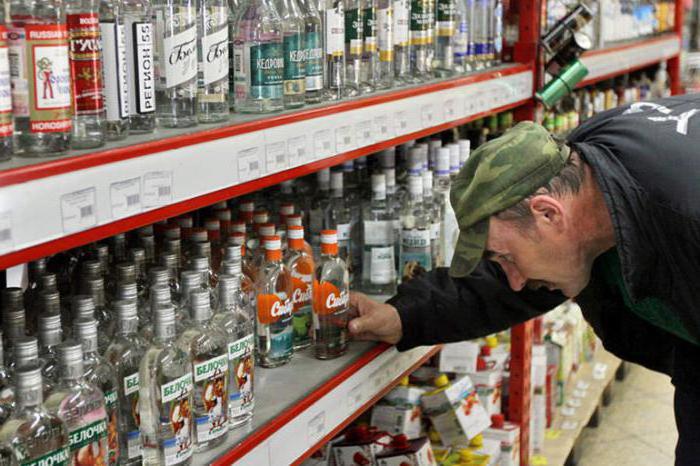Certification of alcoholic beverages - this is the necessary measures aimed at determining the quality of consumer indicators. Alcoholic products are required to carry out this set of measures. This is done in order to exclude products dangerous to human health and human life from the alcohol sector of the consumer market.
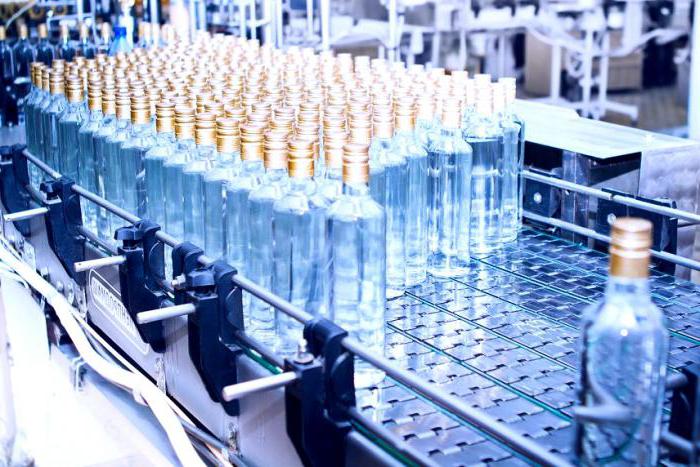
Why do I need certification?
As a result of the development and implementation of new technologies in the food and alcohol industry, more and more different products are appearing on store shelves. It is impossible to determine the quality and safety of certain goods “by eye”. In order not to harm the health, and sometimes even the life of the consumer, as well as to prevent the sale of potentially dangerous products, there is a certain system for confirming compliance with established regulatory acts.
In the process of certifying the quality of goods, their various characteristics are revealed. According to the conclusion of the research, specially authorized organizations can issue a document confirming compliance of the product with all the requirements of existing norms and standards, or refuse to receive it.
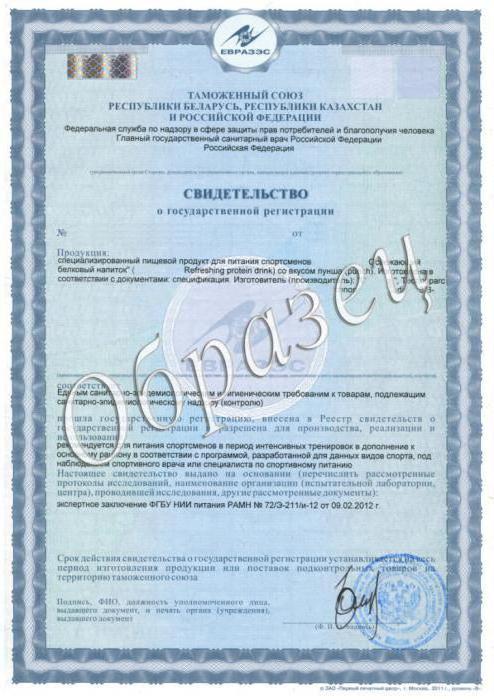
What is alcohol certification?
The word "certificate" was first used in the terminology of the International Organization for Standardization (ISO) in the early 80s of the last century. The reference guides of this organization provide a definition of this concept, the meaning of which is reduced to the implementation of certain actions, the result of which is certification of compliance of a particular service or product with the required range of qualities and standards. According to this definition, any product or service must have a certificate of conformity. The same system was adopted in the Russian Federation in the GOST system of generally accepted norms of technical regulations and conditions, as well as other standards established by the legislative system of the Russian Federation.
Alcohol certification is no exception. According to Russian law, any alcohol-containing products cannot be sold without specific documentation confirming the quality of the products. Authenticating documents must also be present when transporting alcoholic beverages through the territory of the Russian Federation.
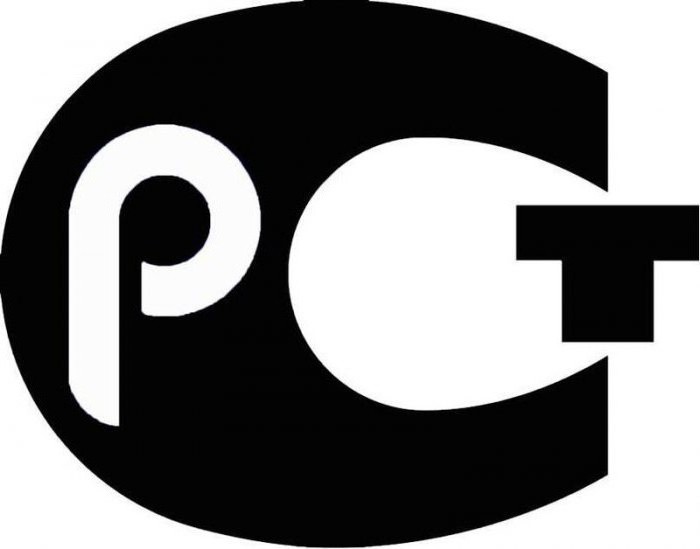
Certifying documents
The supplier is fully responsible for the sale of products of inappropriate quality. Therefore, it is necessary to fulfill the mandatory requirements regarding the characteristics of the product subject to certification. These measures are especially necessary in the manufacture or sale of products that ensure the safety of life and human health. According to the legislative acts of the Russian Federation, documents certifying the advising quality may be:
- Certificate. This document confirms that this product meets the requirements. It is issued to the applicant after successful research and confirmation of compliance with standardization.
- Mark of conformity. A mark registered according to certain norms and rules, the presence of which indicates that the product really has the necessary set of characteristics.
Mandatory certification of alcoholic beverages
Legislative acts of the Russian Federation provide for mandatory certification of a specific list of alcohol-containing products in the form of the adoption of declaration documents on quality compliance.“The list of products subject to mandatory declaration” was approved by the Russian government at the end of 2009. It consists of:
- Different types and varieties of vodka.
- Alcohol-containing liquors.
- Alcoholic beverages.
- Cognac, brandy drinks and brandy.
- Fruit, berry, grape, champagne and sparkling wines.
- All sorts of beer and low alcohol drinks.
- Ethyl alcohol 95%.
Voluntary certification system
In order to legally produce and sell alcoholic beverages, you must obtain a declaration of conformity. Many manufacturers of products in this category seek to issue an additional certificate for alcoholic beverages in a voluntary product certification system.
This is due to the fact that not all consumers are familiar with such a document as a declaration. However, most buyers trust the certificate of conformity more. A certification document for alcoholic beverages in Russia is issued on the official blue letterhead and has the necessary protection against counterfeiting. Apparently, in the eyes of consumers, this quality certificate is more solid than the declaration that is issued on the letterhead of the organization that carried out the product declaration.
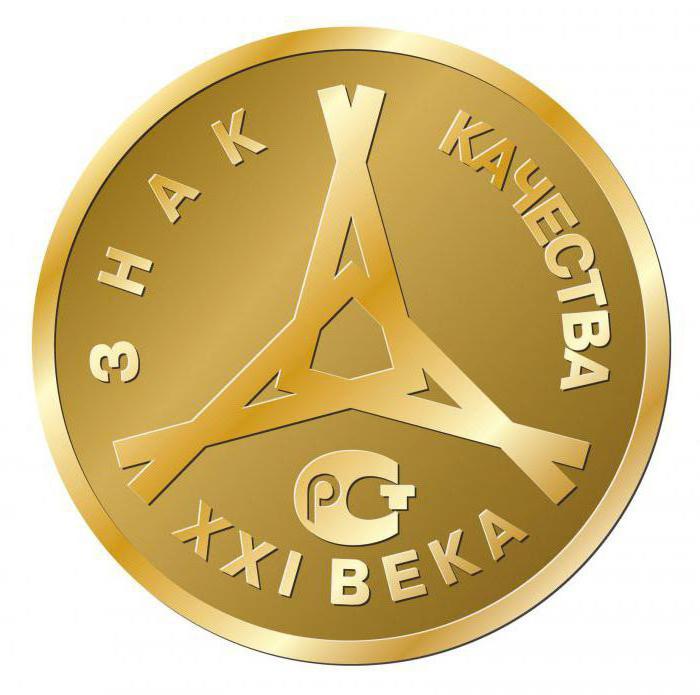
Personal initiative of the seller
However, a voluntary certificate is an official paper issued by accredited certification authorities. These documents are issued in order to confirm the high quality of the product, its safety and compliance with the requirements of regulatory documents and GOSTs as well. This type of certification of alcoholic beverages is a voluntary initiative of the manufacturer or seller. It is carried out to increase the rating of their goods in the alcohol sector of the country's market. Sometimes such documents play a decisive role in obtaining various tenders and exporting goods abroad.
But how is alcohol certification in the Russian Federation? In order to receive the treasured certifying document of the declared products, it is necessary to subject it to additional studies aimed at confirmation of compliance. This includes measures for hygiene and sanitary-epidemiological compliance. As a result of the actions taken and the necessary testing of the products, the bodies of the Federal Service for Supervision of Consumer Rights Protection and Human Welfare issue or refuse to issue a certificate of state registration, without which further certification of alcoholic beverages is impossible.
What documents will be needed?
In order to receive a certificate for alcoholic beverages in the department of the certification center, you must provide a package of documents consisting of:
- The statutory documentation of the customer company (Charter, TIN, PSRN), technical documents for the products being sold (TU or GOST), certificate of ownership of the production premises or lease agreement, quality certificates and company details.
- When certifying a product by its manufacturer, it is necessary to provide information with a full description of alcohol products, quality certificates and company details.
Certification of imported products will require a package of documents consisting of the charter documents of the customer company, a full description of the product, a copy of the supply contract, quality certificates and details of the manufacturer.
Problems of suppliers and implementers
However, often obtaining the relevant documents does not mean that the supplier purchased a ticket to the alcohol sector of the “people's” market. Often, manufacturers note artificially created difficulties for promoting products in other regions. Local governments require a secondary certification of alcoholic beverages on a voluntary basis.In some regions, incidents of opposition of the authorities and large local producers to the promotion of “foreign” products were recorded. In the professional environment of manufacturers and sellers of alcoholic beverages, this phenomenon is called "regional separatism."
Especially large scandals related to unfair competition and monopolization of the market most often occur in regions remote from the central part and some republics of the Russian Federation.
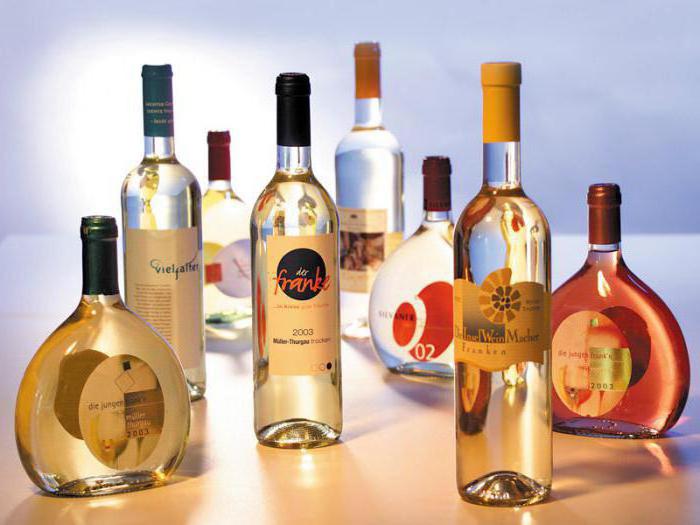
The monopoly of local alcohol markets in certain regions
Upon the manifestation of "regional separatism" in the territory of Tatarstan, which has been going on since the late 90s, many entrepreneurs complain to the Federal Antimonopoly Service (FAS) and the Union of Alcohol Producers (SPAP) that local authorities are forcing them to pay receipt of additional quality documents.
Voluntary certification is no longer mentioned here. In case of refusal of additional inspection, sellers of non-local alcohol are limited in issuing a retail license. Sellers are forced to increase the price of products sold, making the product unattractive to the public. This creates unequal conditions for market participants and unhealthy competition. In 2016 alone, SPAP detected 24 such violations.
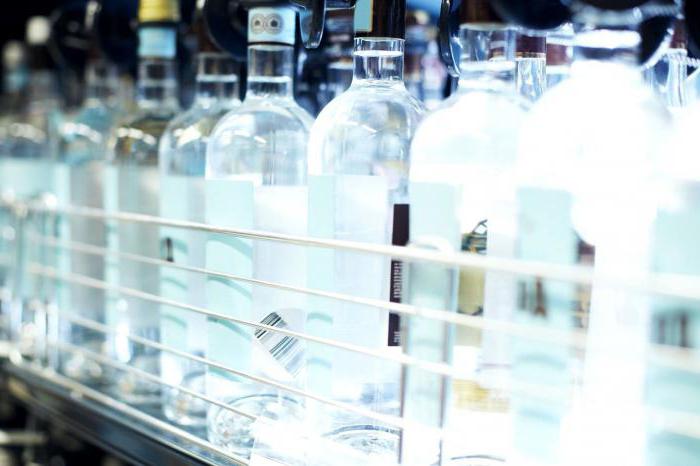
One country - one laws
According to manufacturers and experts of the alcohol market, these actions are clearly illegal. After all, we all live in one country and the laws should be the same for everyone, and for this purpose regulatory acts of federal significance are adopted. Therefore, coercion to obtain excise taxes and certificates of local importance is unlawful.
Businessmen are trying to fight manifestations of regional separatism by legal methods. At the initiative of the FAS, tough measures were taken to combat monopolization of the market, and in the practice of secondary certification of alcoholic beverages, a lot of lawsuits were considered. However, such events did not give the expected result and complaints of entrepreneurs to human rights organizations are still being received. To eradicate such phenomena in the alcohol sector of private business, it is necessary to improve a unified certification system.
